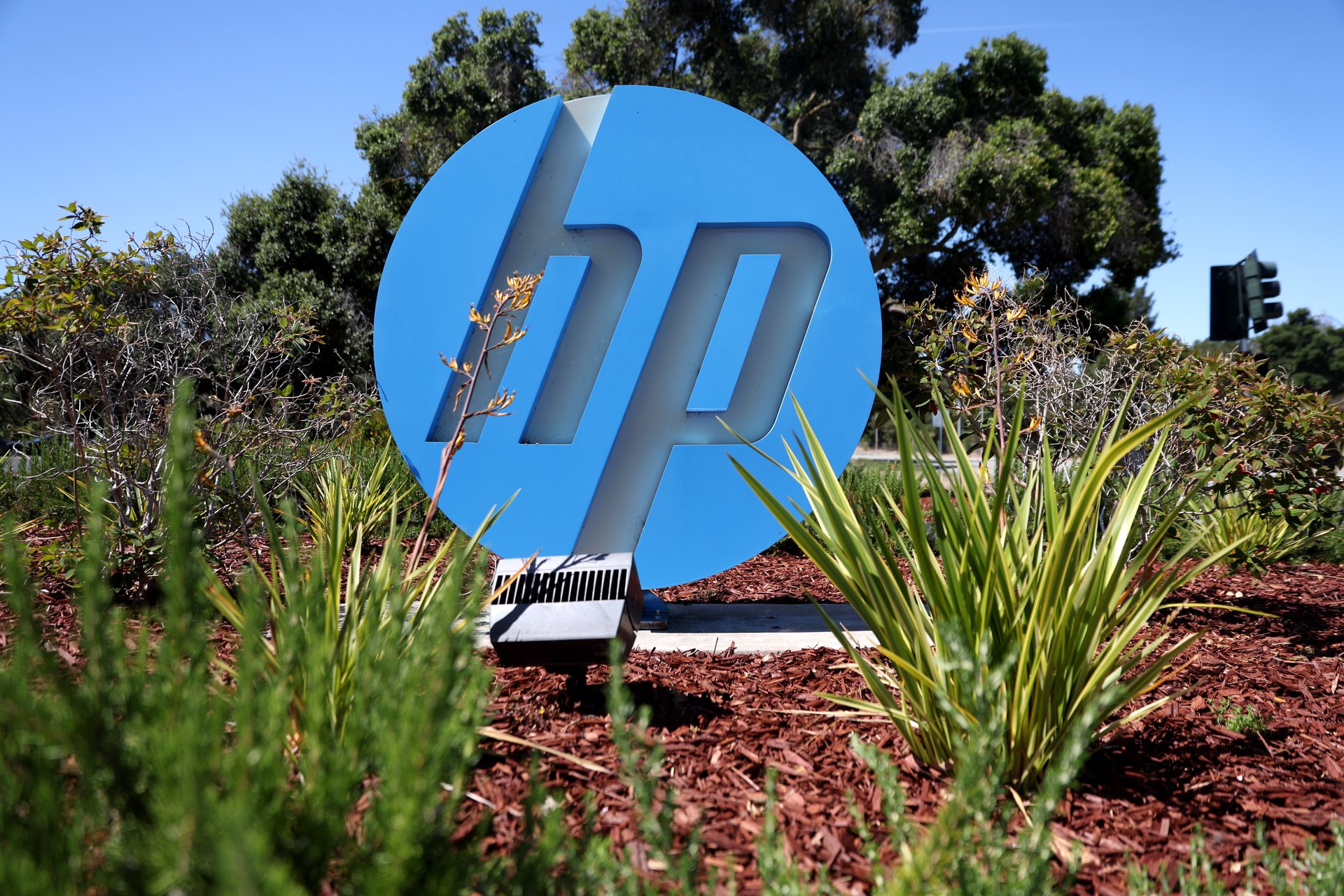HP will get $50 million in Chips Act funding to support an Oregon facility
The proposed Chips Act funding would support HP's existing facility in Oregon

Hewlett-Packard (HPQ) (HP) is the latest recipient of proposed U.S. funding to boost the country’s semiconductor manufacturing efforts.
Suggested Reading
The tech company will receive up to $50 million in proposed direct funding from the Chips and Science Act to support the expansion and modernization of an existing campus in Corvallis, Oregon, the Biden administration announced Tuesday. The proposed $50 million will further investment in microfluidics technology, or “the study of the behavior and control of fluid on a microscopic scale,” according to HP. The Oregon-based fab is part of HP’s “lab-to-fab” ecosystem that includes research and development as well as commercial manufacturing.
Related Content
“Microfluidics has the potential to drive revolutionary changes across industries, delivering speed, efficiency, and precision, to help pave the way for the next generation of innovation in life sciences and technology,” Enrique Lores, president and chief executive of HP, said in a statement.
The proposed funding would also go toward HP’s manufacturing of silicon devices for life sciences lab equipment, according to the U.S. Department of Commerce. The Chips Act funding “shows how we are investing in every part of the semiconductor supply chain and how important semiconductor technology is to innovation in drug discovery and critical life science equipment,” U.S. Secretary of Commerce Gina Raimondo said in a statement.
HP’s expansion is expected to create around 150 construction jobs and more than 100 manufacturing jobs.
Since the passage of the Chips and Science Act, which is worth about $280 billion, in 2022, the Biden administration has allocated more than half of the $52 billion in subsidies set aside for semiconductors. The multi-billion dollar effort to bring semiconductor manufacturing and research and development stateside comes amid the generative artificial intelligence boom, growing tensions with China.